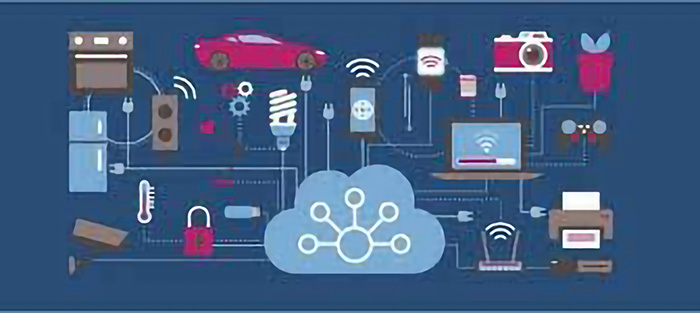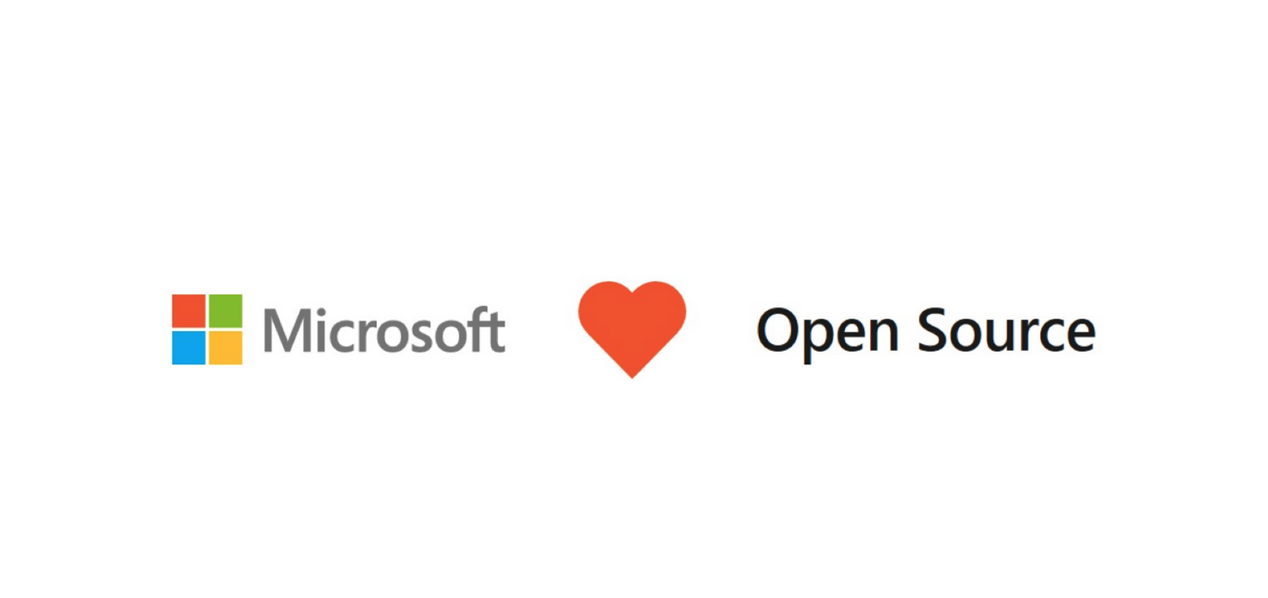1989 was a pretty monumental year. The biggest story of the year was undoubtedly the tearing down of the Berlin Wall, an event which we’re celebrating the 25th anniversary of this week. It symbolized a new, open future of new possibilities and repaired division.
1989 was also a very important year for technology. The 25th anniversary of Tim Berners-Lee’s creation of the World Wide Web has been heralded by many as a defining moment in our relationship with technology, and deservedly so, but one significant anniversary seems to have slipped underneath the radar.
Perhaps the single most widely-used computer application of all time, Microsoft Word for Windows, was released a quarter of a century ago. Its impact can’t be understated and it is used by at least one billion users across the globe.
They may be from the same year, but in some ways they couldn’t be further apart. While the web still feels new and exciting, constantly reinventing itself appearing ever sleeker than before, Word feels old and bloated and doesn’t feel to have changed much since the days of floppy discs.
The web, at first at least, instilled the same feelings as the fall of the wall. Openness. A wealth of new experiences. Word did the opposite, creating division with proprietary file formats and impeding collaboration and progress.
At Open-Xchange, we’ve reimagined word processing for the internet era. But it’s not just office productivity apps that the web has changed, almost every piece of technology we use is connected, and there are many talented developers creating new ways for us to work and play onlineblow up water slides.
It just so happens that Berlin itself is currently one of the hottest locations on the planet for new technology. The feelings of openness and optimism of 25 years ago are finally coming to fruition, and the vibrant start-up scene has replaced the stuffy bureaucracy that historically set the tone of the city.
The web may not be perfect, and fighting to hold on to its open ideals, but the spirit of the open web is still very much alive in Berlin. A city that has broken free of division could never build the walls that could divide the web.
That’s why we’ve chosen to return to Berlin for OX Summit 2015. It’s a city that is on the bleeding edge of innovation, creativity and meaningful business here in Europe. And not only just for technology and web-based services. It is truly becoming a beacon for freedom’s future around the world. And by planning now to play your part to stand and add your voice for delivering openness and trust back to the Internet, there is no finer place to be next October — in the heart of Europe’s future.
The road to Berlin starts here; taking back the Internet from unseen and closed entities that now control it is our objective. And we so hope that you come along for the ride.
generic cialis in us fetal RBCs contain HbF which is not washed out). The Kleihauer test”>fetal RBCs contain HbF which is not washed out). The Kleihauer test




-png-2.png)
